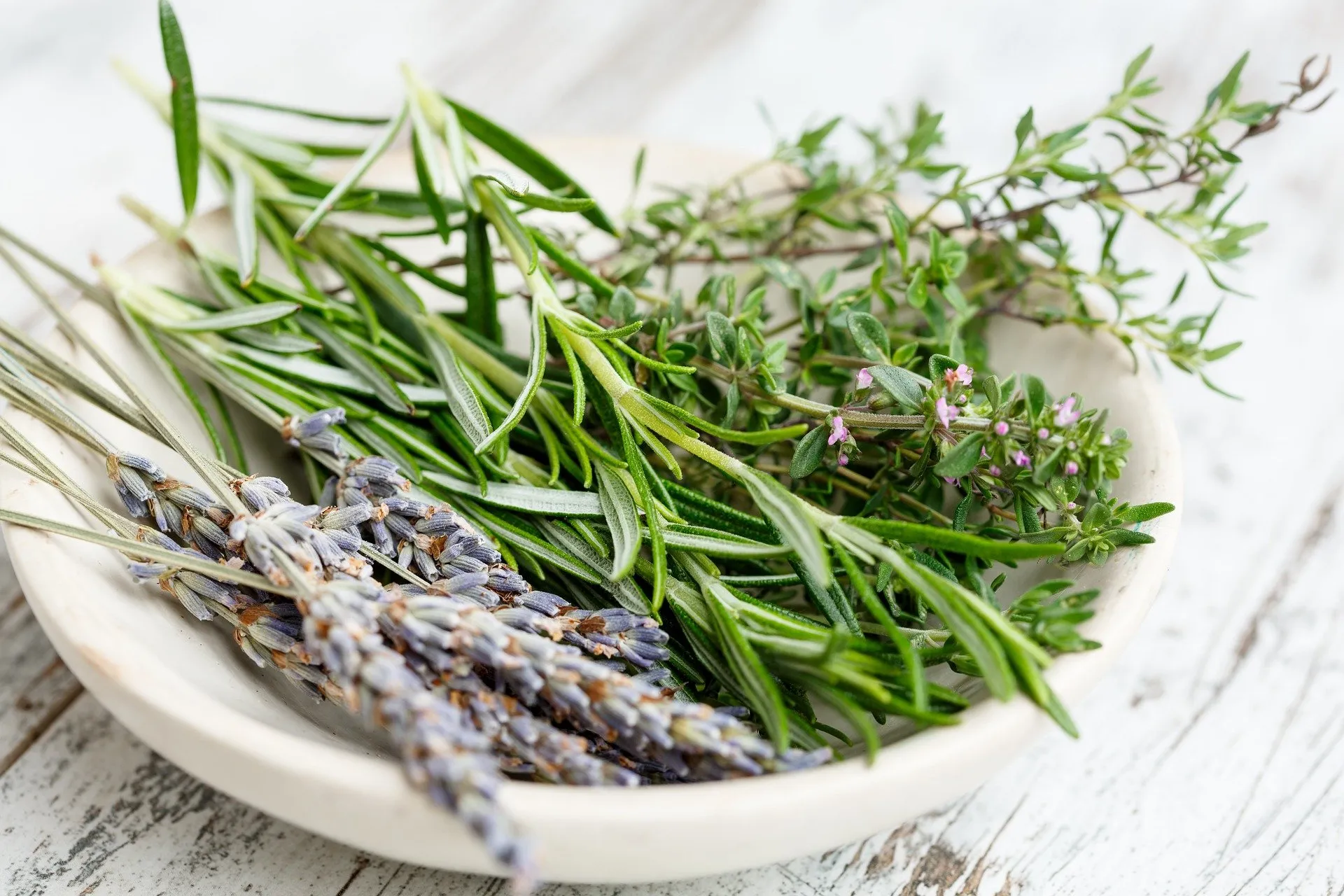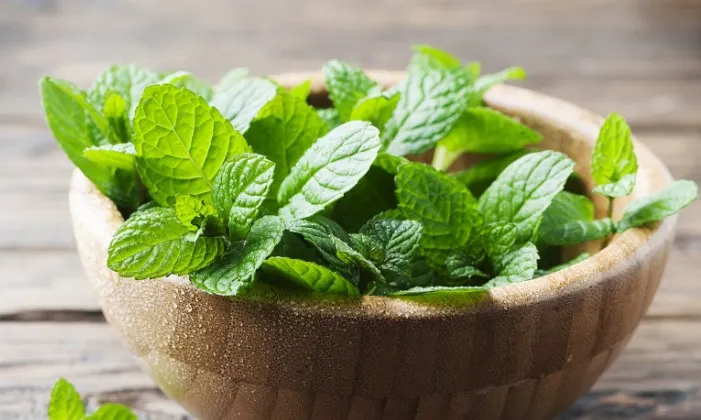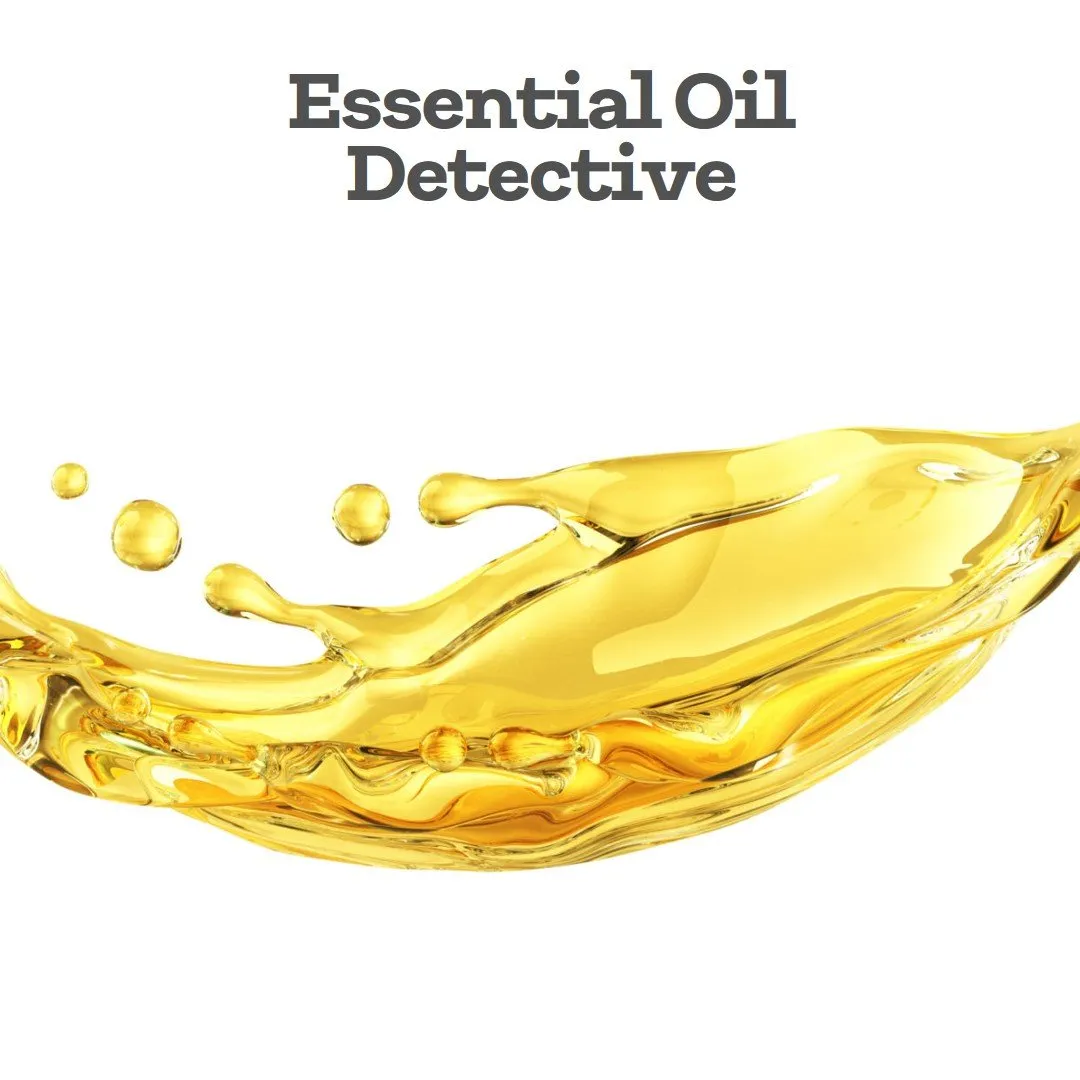5 Essential Oils to Repel and Treat Lice
Discovering an infestation of lice can be a harrowing experience, characterized by intense itchiness and discomfort.
These tiny, persistent insects have a knack for taking up residence in our hair, causing annoyance and distress.
With professional lice removal methods often expensive or hard to access, it's comforting to know that there are natural remedies right in your household that lice despise.
Over the years, there has been a growing interest in natural approaches to repel and treat lice, emphasizing the use of powerful yet pleasant scents as a deterrent. These methods not only provide a gentler alternative to harsh chemicals but also leave our hair smelling fantastic.
Let's delve into the holistic method of using essential oils to combat these bothersome pests.
1. Tea Tree Oil: A Powerful Lice Repellent
Tea tree oil, native to Australia, has a rich history of therapeutic use among indigenous Australians. It was employed for wound healing and respiratory relief, thanks to its potent antiseptic properties.
Beyond its antiseptic benefits, tea tree oil is known for its ability to produce scents that lice detest. These compounds are not only repellent to adult lice but also toxic to young lice or nymphs, creating an unwelcome environment for potential infestations.
It's essential to exercise caution when using tea tree oil due to its strength. Direct application to the scalp is not advisable.
Instead, dilute it with a milder carrier oil. A common and safe ratio is 3-5 drops of tea tree oil per ounce of another oil, or you can add a few drops to your regular shampoo.
2. Lavender Oil: Linalool's Lice-Repelling Secret

Lavender essential oil, a versatile essential oil with a history spanning 2,500 years, has been used for various purposes, from cooking to scenting baths and treating illnesses. In modern times, it remains a star in aromatherapy and boasts remarkable anti-inflammatory properties.
Lavender oil's repellent qualities against insects are attributed to chemical compounds within it, primarily linalool, known for its insecticidal properties.
The pleasing aroma to humans is repugnant to lice. In a study, excessive exposure to lavender oil resulted in the death of 97% of tested lice.
Similar to other essential oils, it's advisable to dilute lavender oil before application to prevent any potential skin irritation. Applying it just before bedtime can lead to a peaceful night's sleep.
3. Eucalyptus Oil: Not Just for Koalas
Eucalyptus trees are famous for their towering presence and their role in supporting koalas. However, an underrated aspect of eucalyptus is the oil it produces—a potent, camphoraceous essential oil known for its antiseptic properties.
Lice and other pests are repelled by the minty and slightly woody scent of eucalyptus oil.
While this aroma can be therapeutic for humans, it overwhelms insects with its insecticidal properties.
Eucalyptus essential oil is particularly effective when combined with other repellent oils, making it a valuable addition to your anti-lice arsenal. Be cautious, though, as this oil is toxic when ingested.
4. Peppermint Oil: A Refreshing Repellent

Peppermint essential oil is a versatile staple in both culinary and medicinal applications, known for its distinctive cool and fresh aroma. Originating in Europe and Asia, it has gained worldwide popularity.
Peppermint oil's primary component is menthol, which creates its sensory effects and acts as a scent repellent to lice.
While most evidence regarding the direct eradication of lice infestations is anecdotal, research suggests that insects, in general, prefer to avoid this potent scent.
It's essential to wash your hands thoroughly after application, as peppermint oil can cause a strong burning sensation if it comes into contact with your eyes.
5. Rosemary Oil: Not Just for Cooking
Rosemary, known for its needle-like leaves and woody fragrance, originates from the Mediterranean. It has been traditionally used in aromatherapy and cooking but also exhibits significant insecticidal effects.
While research on rosemary essential oil's specific effects on lice is not as extensive as that for some other essential oils, it has a history of use as a natural remedy for lice.
Combining it with tea tree or lavender oil can enhance its effectiveness in combating lice infestations.
Essential oils offer a holistic and natural approach to repelling and treating lice infestations. These oils not only serve as effective lice repellents but also provide a pleasant fragrance for your hair.
However, it's crucial to dilute essential oils properly to avoid skin irritation.
While essential oils can be a valuable part of your anti-lice regimen, consult with a healthcare professional or lice removal expert for a comprehensive and effective lice treatment plan.
With the right approach, you can bid farewell to these pesky insects and enjoy the benefits of essential oils simultaneously.
